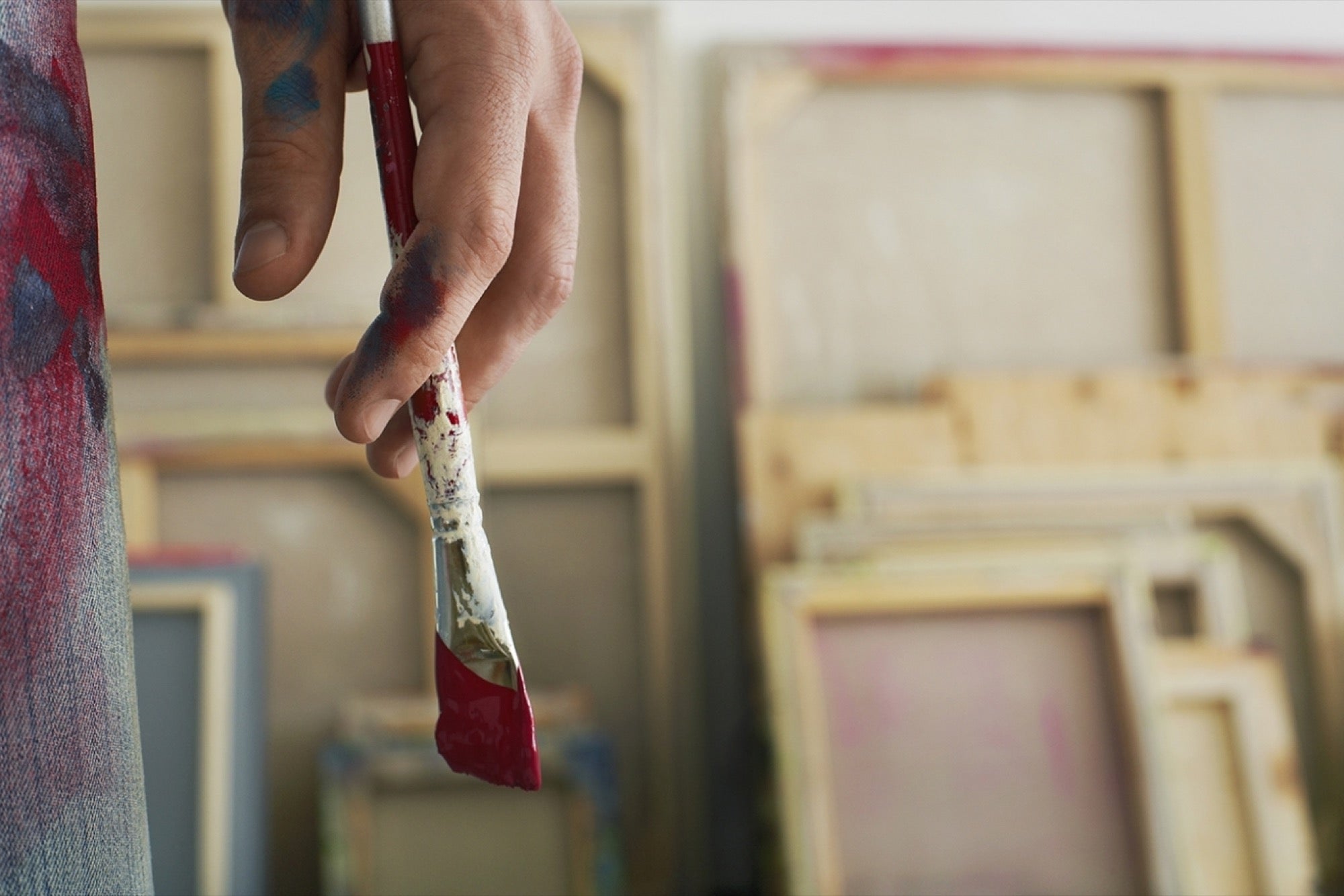Problems Plaguing the Art Industry Globally Art, today is a 50 billion dollar industry globally. It is non-standardized, the pricing is opaque, and the industry itself is unregulated.
Opinions expressed by Entrepreneur contributors are their own.
You're reading Entrepreneur India, an international franchise of Entrepreneur Media.

New York State, Supreme Court, 1978, ruling by Justice J. Shorter:
"In the fantasy land of marketing in the fine arts," prestigious names are "dropped freely as rain," and large sums quickly change hands, "In an industry whose transactions cry out for verification of both title to and authenticity of subject matter, it is deemed poor practice to probe into either."
The art industry has grown by leaps and bounds on the back of exclusion, both financial and cultural. If you have the financial capital, they will exclude you culturally. If you possess the cultural capital, they will exclude you financially. People, who possess both these attributes are far and few. If you want to be a member of this exclusive guild, then, not only must you pay for it through your nose, but also, play by their rules.
Art, today is a 50 billion dollar industry globally. It is non-standardised, the pricing is opaque, and the industry itself is unregulated. The above factors are essential attributes of any investment asset. Lack of these attributes make the art industry susceptible to manipulation. In the olden days, these handicaps didn't matter, as art was purchased predominantly for direct consumption (i.e.) you bought a painting because you liked it, you hung it on the living room wall and derived satisfaction by admiring it.
The fact that the painting had signalling values, implying that you could always showcase it to your friends was also important. But, it wasn't yet an asset for investment. However, things have changed today, the predominant factor that drives sales of artwork is its investment value and its forecasted value in the future.
Hence the shortcomings of non-standardisation, opaqueness in pricing and lack of regulation assume importance.
Non standardisation – No two paintings are alike. Every artist has a different style depending on his training or the lack of it. Even two paintings created by the same artist can demand very different prices. Every artist goes through a life cycle, he struggles, gets established and finally reaches the peak of his professional career. Thereafter, the quality of his works start to decline. A Hussien can sell from a few tens of lacs to a few crores depending on when a particular painting was created, its provenance and condition. Hence, the pricing of a particular work becomes subjective and open to interpretation. How can you have an investment asset whose pricing is subjective? They tried to address this problem by seeking opinion of experts. However this raises more questions than answers. Who are these experts? What are their credentials? Are they independent? How are they incentivised?
Opaqueness in pricing – Almost 90 percent of the artworks are sold by galleries, who are secretive about its pricing A client who regularly buys and sells through the gallery will get a preferential pricing vis-à-vis someone else. The remaining 10 percent of the artworks are sold at auctions. Hence, auctions are the only time when prices are announced to the public and help set benchmarks for different artists. If you rig an auction, you can manage the pricing of an artist. Galleries often do so, by actively bidding for works of artists in whose success they are heavily invested. Did you know that auctions allow for anonymous bidding?
Lack of regulation –How can you regulate something that is core to the freedom of expression? Hence, despite a turnover in excess of 50 billion dollars, art industry continues to be unregulated across the globe.
The problem of Fakes
"Fake' is the most dreaded 4 letter word in the art industry. As per informal estimates, almost 30 percent of the art market consists of fakes. They are possible because the art infrastructure is weak. Not much research has been done documenting the works of different artists. Also, the commercials of the underground forgery market are so lucrative, that even if one forgery is sold out of a hundred, there is enough money on the table to keep everyone happy.
Art Authenticators are running for cover
In the earlier days, experts and foundations were upfront in their opinions about the authenticity of works. However, this is no longer the case. With so much money riding on works of popular artists, many well-known experts and foundations have stopped authenticating works, for the fear of being sued by investors. There are clauses in contracts that provide that only where the opinion is favourable, will it be made, other-wise, the expert will refrain from giving an opinion at all and also acknowledging that the painting ever came to him for an opinion in the first place.
Issues plaguing art authentication
The two methods (i.e.) visual analysis based on old school of connoisseurship and scientific analysis based on interpretation of data do not speak with each other. Also, there are no protocols which provide for priority of evidence. Evidence is dropped or included in the final findings based on the whims and fancy of the concerned institution resulting in differing opinions.










